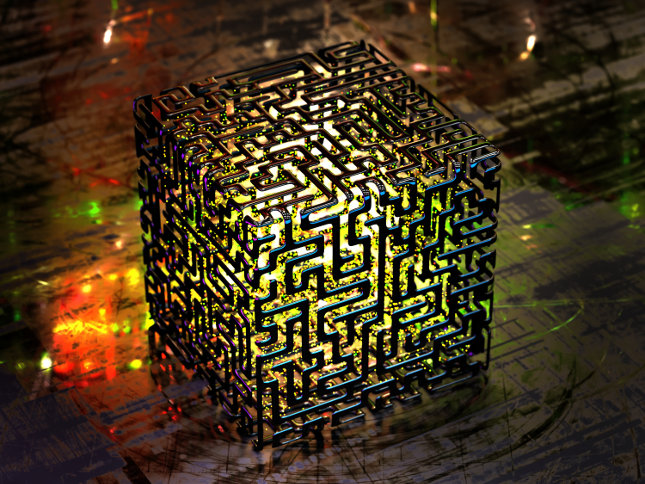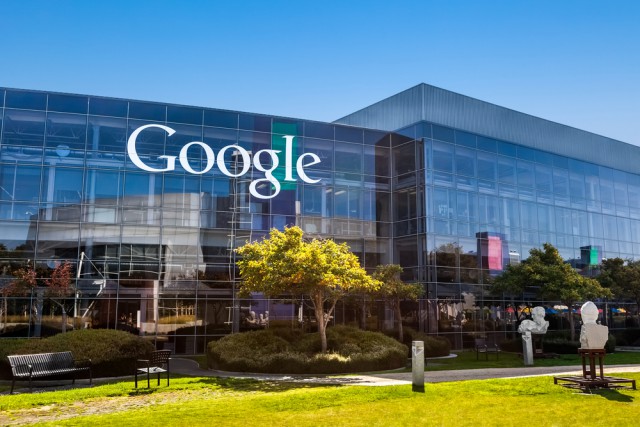
Microsoft launches open source Quantum Katas project on GitHub to teach Q# programming
Quantum computing is the future, and it has the potential to change everything. These new machines will be much more powerful than any "classic" computer available today. Quantum computers will be able to do calculations that we can only dream about today, potentially solving problems never thought solvable before. These powerful computers may even render current encryption methods obsolete.
Of course, hardware is just part of the equation. In order for quantum computers to truly change the world, we will need software written for them. Microsoft seems eager to get programmers on the quantum bandwagon, as today, it launches the open source Quantum Katas on GitHub. What exactly is it? It is essentially a project deigned to teach Q# programming for free.

How secure is today's encryption against quantum computers?
Encryption is an excellent way of protecting sensitive data from compromise. It is commonly accepted that once information is securely encrypted, it is safe from prying eyes and sabotage both now and in the foreseeable future.
However, the long-term security offered by many encryption systems (also known as cryptosystems) is under severe threat. A new type of computer -- the quantum computer -- has been theoretically proven to break most of today’s commonly used cryptosystems, and such a computer is predicted to be available within 15 years.

Google wants to get devs to embrace quantum computing
Google wants developers and scientists to build tools and write code for its quantum computer, and is making its high-powered platform available online.
According to a Bloomberg news report, Google is aiming to commercialize quantum computers, and turn them into an extremely powerful cloud-computing service.

IBM Q is the first initiative to build commercial quantum computing systems
Your business will finally get the chance to use a quantum computer to do... well, whatever a business could use a quantum computer for. IBM has just announced IBM Q -- "an industry-first initiative to build commercially available universal quantum computing systems."
Its systems and services will be delivered via the IBM Cloud platform, and IBM believes it could be used to "deliver solutions to important problems where patterns cannot be seen because the data doesn’t exist and the possibilities that you need to explore to get to the answer are too enormous to ever be processed by classical computers."

How will quantum computing impact security processes?
Quantum computers have the potential to perform calculations faster than ever possible before, inviting a significant rethink in how we approach cyber security.
Given the amount of research being ploughed into this area, we are likely to see a commercially viable machine in the near future, so cryptographers and the cyber security industry in general should work to have a clear view on the implications way ahead of that achievement.

What you need to know about quantum computing
Most people will be familiar with Moore’s Law which states that the number of transistors it’s possible to get on a microprocessor doubles every 18 months. If this holds true it means that some time in the 2020s we’ll be measuring these circuits on an atomic scale.
You might think that that’s where everything comes to a juddering halt. But the next step from this is the creation of quantum computers which use the properties of atoms and molecules to perform processing and memory tasks.

Microsoft and Rambus team up for quantum computing research
Researchers at Microsoft are partnering with Rambus in order to evaluate the future memory requirements of quantum computing.
The two technology firms will share their resources and expertise in order to determine the types of computer architecture that will provide the biggest improvement to memory capabilities and overall system performance. Gary Bronner, vice president of Rambus Labs said that existing architectures are struggling to meet the increasing demands of real-time data consumption.

Understanding the basics of quantum computing [Q&A]
Computers have been growing more and more powerful for some time now and, as processors become faster and memory more plentiful, we’re reaching the limits of current technology.
Quantum computers are the next step in this evolution and more and more companies are investing in this area. Intel recently announced it will be putting over £30 million towards the technology and just this week Google boasted that its quantum computer is 100 million times faster than a regular PC. For a deeper insight into this growing area, we spoke to Mike Mayberry, corporate vice president and managing director of Intel Labs. The full interview can be found below.

How fast is Google's quantum computer compared to a PC?
Even Google’s artificial intelligence research labs can sometimes find that they just don’t have enough computing power available to them. This is despite Google owning powerful computers that just about any country in the world.
As a result of finding some problems in the AI field too difficult to solve using conventional computers, Google has turned its interest to quantum computers. These systems can solve problems that traditional PC computers just cannot handle. This is because quantum systems tap into the mystic world of quantum mechanics.
